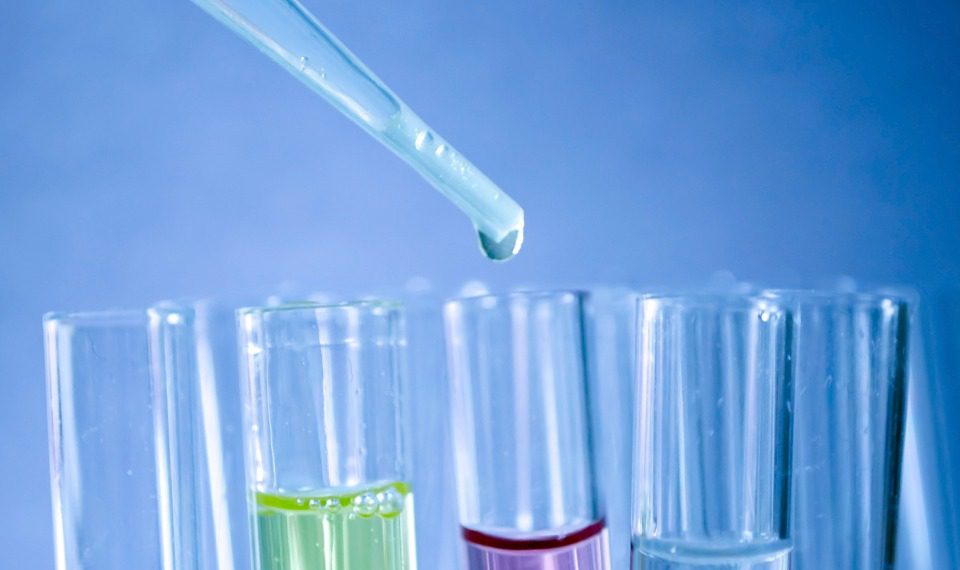Scope Ratings says that the biotechnology behind the latest, chemically more complex new drugs offers pharmaceutical companies a degree of extra protection against losing what could be up to an average of USD 50bn in annual global sales to low-cost competitors between 2018 and 2024, according to EvaluatePharma.
“We expect the difference between pharma market total sales and actual sales to be larger than what we would expect for the introduction of generic traditional (small molecule) drugs. Biosimilar drugs are much harder to replicate and don’t necessarily represent an identical copy of the original. Doctors and patients may be unwilling to run the risk of accepted a perceived lesser degree of safety or effectiveness compared with the original medicines.”
Olaf Tölke, sector analyst and head of corporates research at Scope Ratings
The stakes are high. Top-selling drugs garner multibillion-dollar revenue streams for their developers. Take Abbvie’s Humira treatment for rheumatoid arthritis with annual revenue of around USD 18bn or Roche’s cancer treatments Herceptin, Avastin, and Rituxan with revenue of around CHF 7bn each. In the past, the patent cliff has proved steep. Pfizer’s Lipitor generated less than a fifth of sales in 2014, at USD 2.1 billion, than it did five years before, with annual declines of 10%, 59%, 41%, and 9% after the cholesterol treatment lost patent protection.
Scope Ratings sees Roche, Novo Nordisk and Bayer as the most exposed companies in Europe, with all having blockbuster drugs losing exclusivity in the relatively near future.
But underlying fundamentals remain favourable, with the demographics of ageing populations in advanced companies set to help sustain sales growth as, longer term, should the R&D pipeline, with the FDA approving 55 new drugs in 2017 compared with Scope’s expectation of just 40.

















